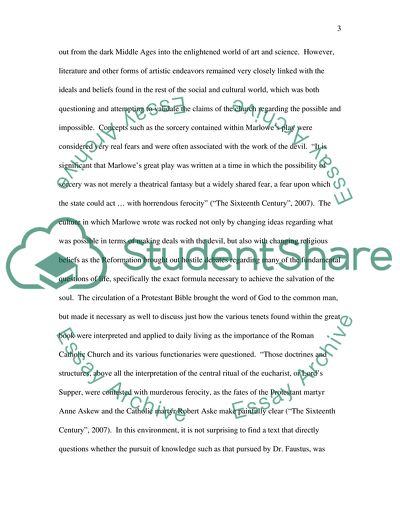Cite this document
(The Pursuit of Knowledge of Christopher Marlowe and Mary Shellys Coursework, n.d.)
The Pursuit of Knowledge of Christopher Marlowe and Mary Shellys Coursework. https://studentshare.org/literature/1706301-compare-the-ways-in-which-christopher-marlowe-and-mary-shelly-approach-the-subject-of-the-pursuit-of-knowledge-in-drfaustus-and-frankenstein-respectively
The Pursuit of Knowledge of Christopher Marlowe and Mary Shellys Coursework. https://studentshare.org/literature/1706301-compare-the-ways-in-which-christopher-marlowe-and-mary-shelly-approach-the-subject-of-the-pursuit-of-knowledge-in-drfaustus-and-frankenstein-respectively
(The Pursuit of Knowledge of Christopher Marlowe and Mary Shellys Coursework)
The Pursuit of Knowledge of Christopher Marlowe and Mary Shellys Coursework. https://studentshare.org/literature/1706301-compare-the-ways-in-which-christopher-marlowe-and-mary-shelly-approach-the-subject-of-the-pursuit-of-knowledge-in-drfaustus-and-frankenstein-respectively.
The Pursuit of Knowledge of Christopher Marlowe and Mary Shellys Coursework. https://studentshare.org/literature/1706301-compare-the-ways-in-which-christopher-marlowe-and-mary-shelly-approach-the-subject-of-the-pursuit-of-knowledge-in-drfaustus-and-frankenstein-respectively.
“The Pursuit of Knowledge of Christopher Marlowe and Mary Shellys Coursework”. https://studentshare.org/literature/1706301-compare-the-ways-in-which-christopher-marlowe-and-mary-shelly-approach-the-subject-of-the-pursuit-of-knowledge-in-drfaustus-and-frankenstein-respectively.


